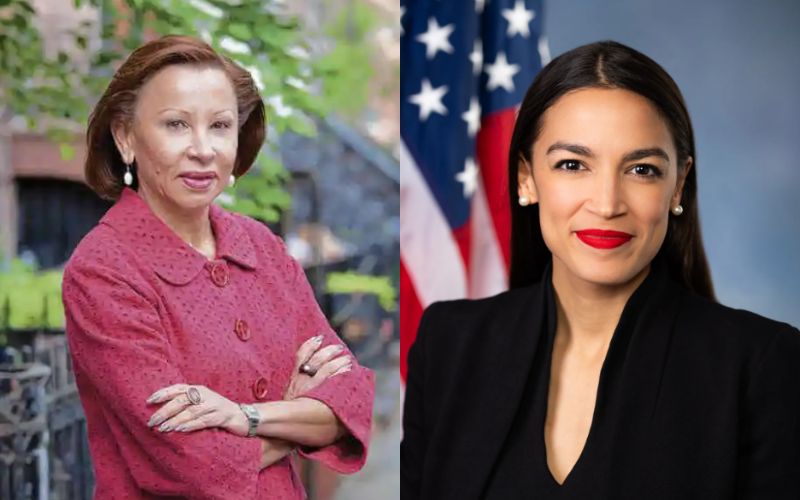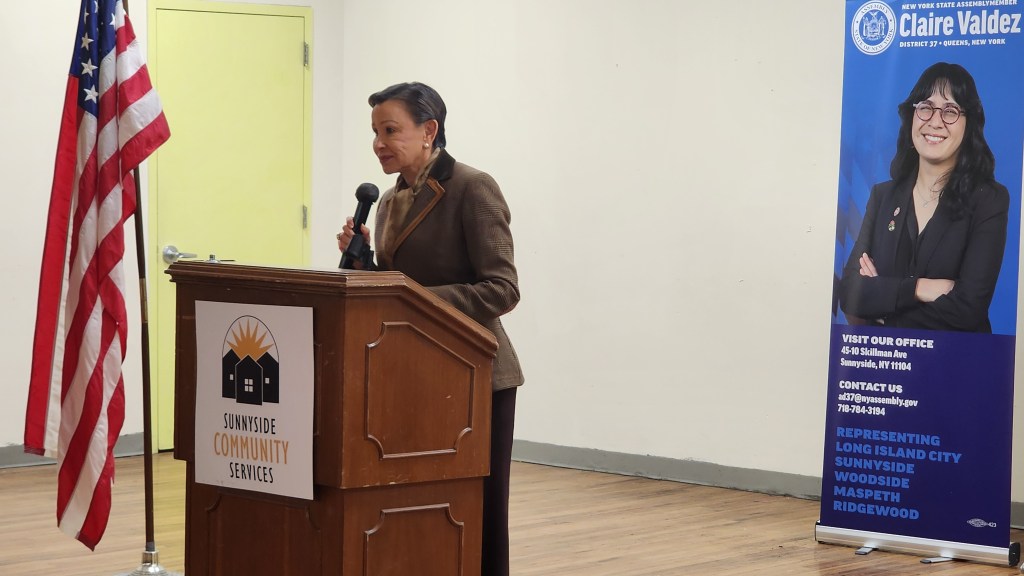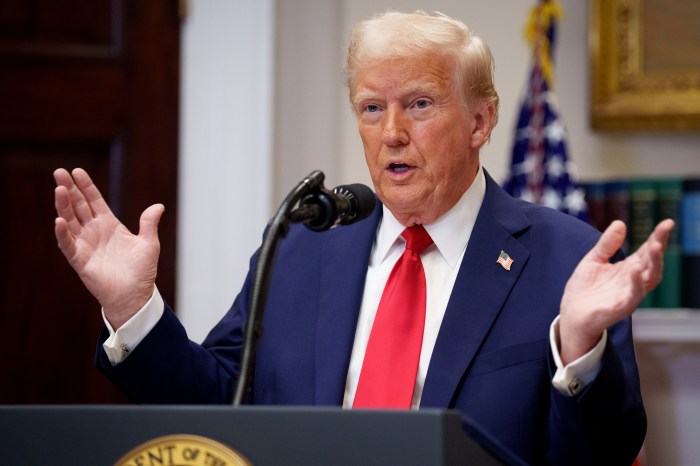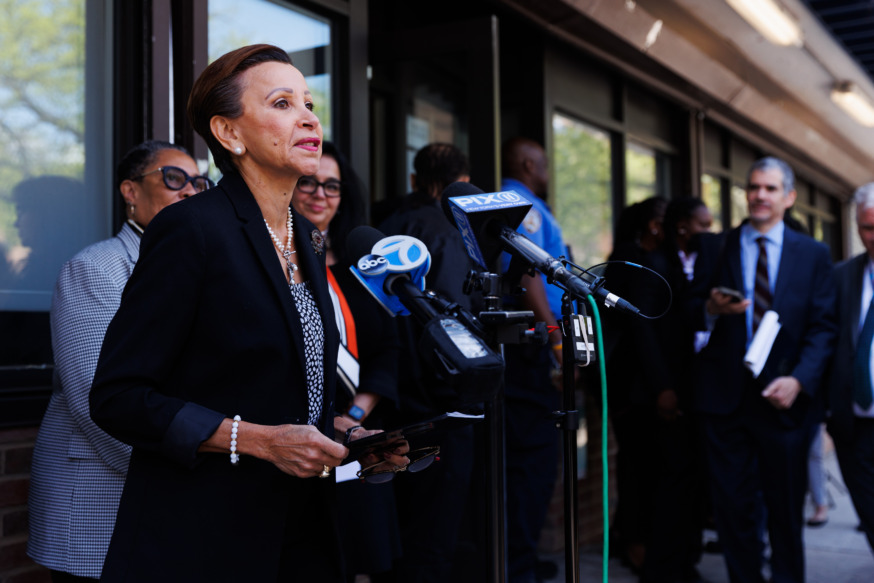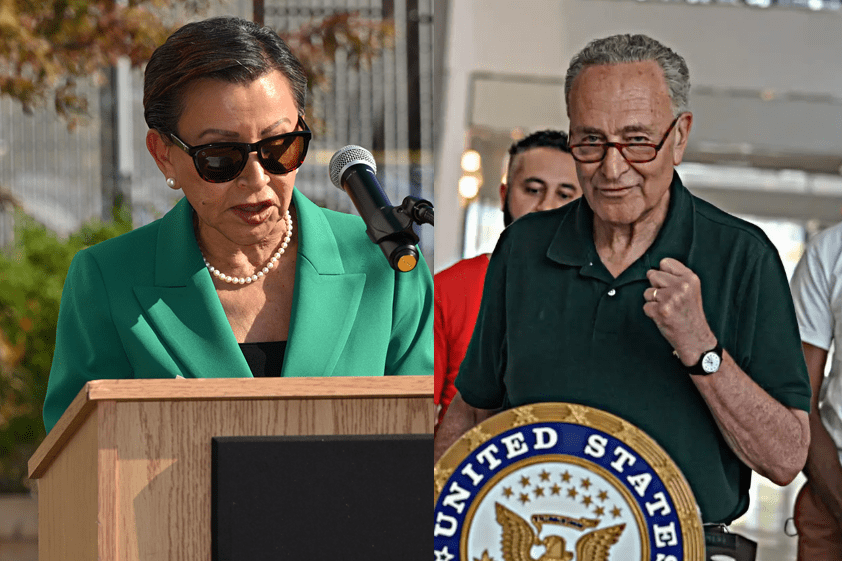U.S. Reps Nydia Velázquez and Alexandria Ocasio-Cortez have penned a letter to the CIA and FBI demanding the disclosure of all materials related to the assassination of two leaders of the Puerto Rican independence movement during the 1970s.
Carlos Muñiz Varela, a Cuban living in Puerto Rico who was murdered under suspicious circumstances on April 28, 1979 at the age of 25, and Santiago “Chagui” Mari Pesquera, the son of Juan Mari Brás, Secretary General of the Socialist Party of Puerto Rico, who was gunned down March 24, 1976 at the age of 23, were two central figures in the Puerto Rican independence movement throughout the 1970s.
Velázquez and Ocasio-Cortez, who received support from relatives of both Varela and Pesquera, penned a letter to the FBI and CIA calling for the immediate declassification of documents related to these cases and for the Puerto Rican Department of Justice to be granted authorization to interview federal agents who were operating on the island at the time of the murders.
They stated that Mari Pesquera’s death occurred at a time when the U.S. and Puerto Rican governments were actively suppressing the independence movement, adding that police corruption plagued the investigation into Mari Pesquera’s killing. Although one man was convicted of Pesquera’s murder, Ocasio-Cortez and Velázquez pointed to the fact that officials have since admitted that the man was not acting alone.
Puerto Rican daily newspaper Primera Hora reported in 2009 that the FBI knew of the plot to murder Mari Pesquera’s father but did not warn him, according to documents obtained under the Freedom of Information Act.
Meanwhile, Muñiz Varela, who co-founded Viajes Varadero, a travel agency helping Cuban exiles visit their homeland, was assassinated following a wave of political violence linked to anti-Castro groups in the late 1970s. Ocasio-Cortez and Velázquez said Muñiz Varela’s position within Viajes Varadero made him a target of far-right extremists. They also stated that no investigation into his murder was ever conducted.
Velázquez represents New York’s 7th Congressional District, which includes parts of Brooklyn, Queens, and Manhattan, while Ocasio-Cortez represents New York’s 14th Congressional District, covering parts of the Bronx and Queens. Both lawmakers criticized the FBI and CIA for withholding potentially critical documents that could shed light on both killings, despite requests from the Department of Justice and the Puerto Rican Department of Justice.
“We have a strong interest in the release of all documentation that could bring justice to the families of these victims of domestic terrorism,” Ocasio-Cortez and Velázquez wrote in letters to the FBI and CIA. “We sincerely expect that, after nearly five decades of impunity, your agencies will collaborate to lift any restrictions on evidence regarding the organizations and individuals implicated in these murders.”
Muñiz Varela’s son Carlos Muñiz Pérez said it was “urgent and essential” that the FBI and CIA declassify all documents that could help shed light on the murder of his father. He added that doing so would help “correct the mistakes of the past”, which have allowed his father’s killer to live with “total impunity”.
Similarly, Raúl Alzaga, spokesperson for the Committee of Family and Friends of Carlos Muñiz Varela, said the disclosure of documents represents “an important step” in the process of uncovering the truth about Muñiz Varela’s death.
“We believe that this initiative taken by the Congresswomen elevates the demands for the clarification of Carlos Muñiz’s murder beyond the efforts we have made in the past,” Alzaga said in a statement. “It also helps to uncover the history that has been hidden from the Puerto Rican people in their struggle for decolonization.”
Mari Pesquera’s sister Mari Mari Narváez added that “countless” questions remain 49 years after her brother’s death.
“The violence of that crime lingers, reinforced by the impunity that has shielded those responsible,” Narváez said in a statement.
“Why, in November of 1976, the FBI knew of a plot to assassinate Juan Mari Brás—and just two months later, his son was executed? What connection exists between these two conspiracies, and what role did the FBI and CIA play in them? Why, after nearly 50 years, have key classified documents still not been released? Why have the masterminds behind this crime never been brought to justice?”

